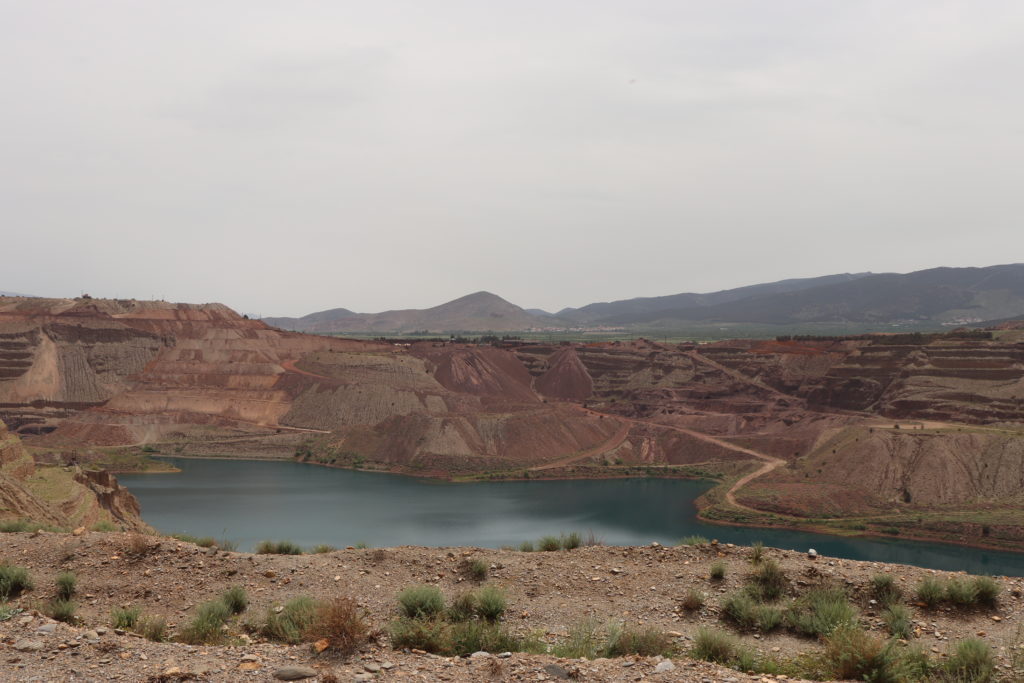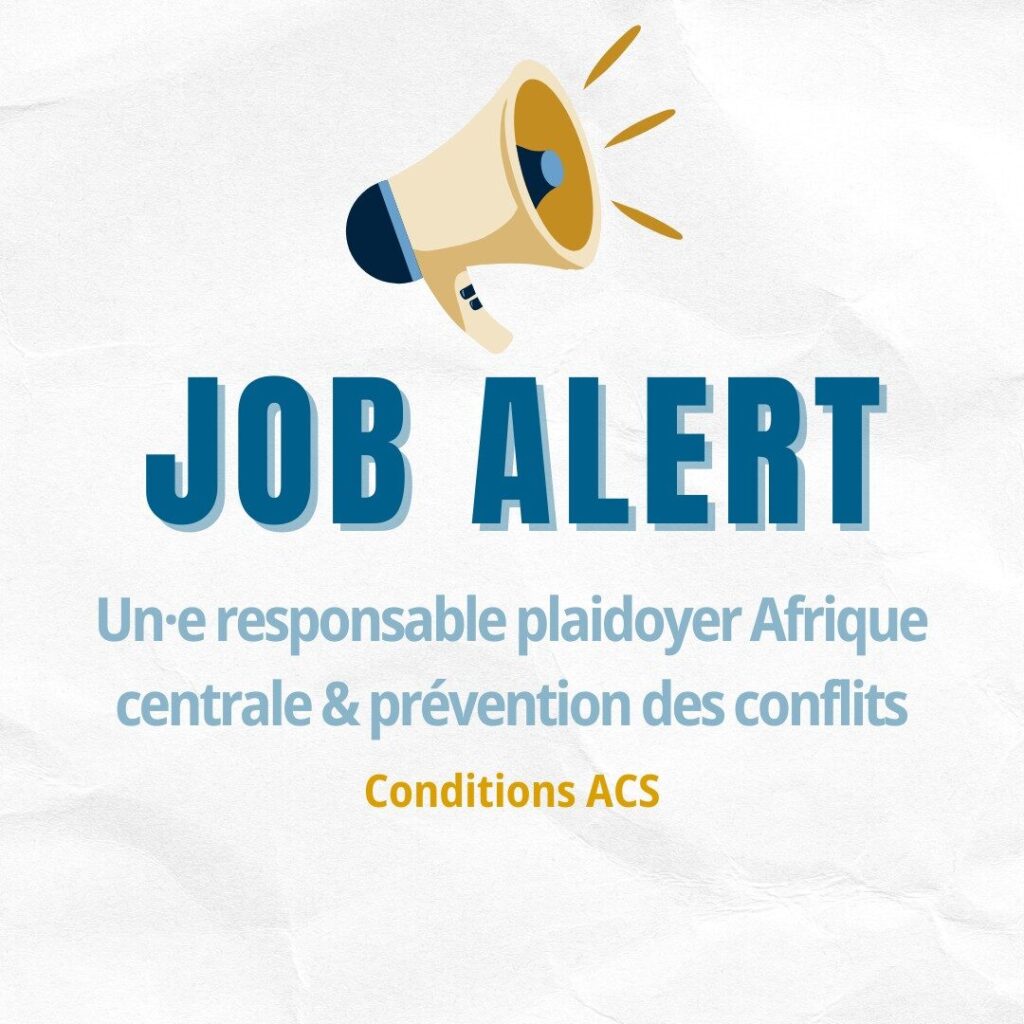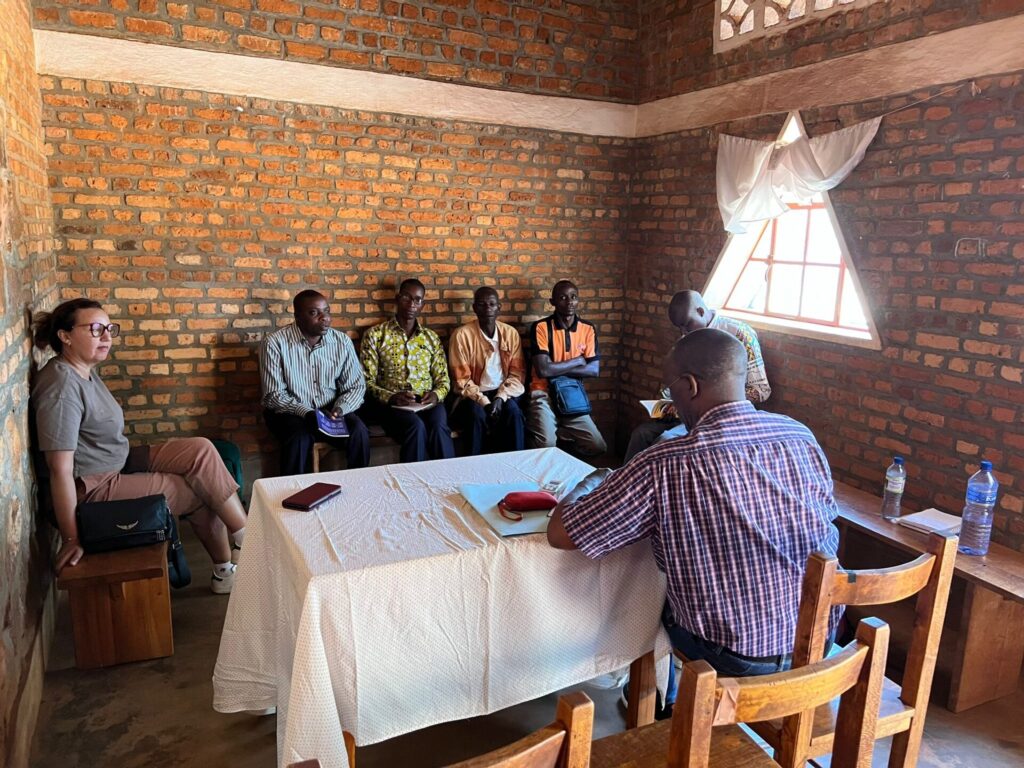The reopening of mines could be necessary to support our industrial effort, but what is the real goal of this development?

As part of the Solidarity Fortnight organized by the City of Brussels, Justice and Peace organized a meeting-debate on the question of the return of mining activity in Europe and Belgium. The discussions took place with Éric Pirard from ULg, Romain Gélin from Gréséa and Géraldine Duquenne from Etopia, and notably made it possible to better understand and discuss the environmental implications of mining activity.
What do we consume?
Our need for raw materials continues to grow, for three reasons. First, our population is growing, and we always need more infrastructure and housing. Then, we live longer, and therefore consume the riches of our earth for longer. Finally, the quality of life of the population is increasing, not only in our Western countries, but also in developing countries.
The extraction of materials has tripled since 1970, and will double again by 2060, to reach 190 billion tonnes compared to 92 in 2019 [i]. These materials (which include metals, different industrial rocks such as limestone, sand or clay) are necessary for our daily consumer goods, but also to maintain our infrastructure, in our constructions, and in our high-tech products. . These have become essential elements of our modern lifestyles, and we can no longer imagine working without a personal computer, or communicating without a smartphone. Our technological advances have also allowed us to develop wind and photovoltaic energy, which are essential for our energy transition and to reduce our carbon footprint. These are therefore key energies in our fight against climate change, but they have a cost that is often invisible: the cost of raw materials.[ii] .
Most of these raw materials that we consume are imported from abroad. Indeed, we import the majority of metals necessary for our European consumption from many countries, such as Canada, Australia, China but also from developing countries in South America and Africa. The different stages of the production of our mineral resources, from extraction to purification (the concentration stage of the element of interest, often very polluting), are located for the most part outside our borders. , and their impacts are also delocalized: air, soil and water pollution, displacement of local populations, impact on other sectors using the land, such as agriculture, etc.
Current deposits are becoming less and less rich and are therefore leading to an increase in the scale of mining operations, leading to more and more environmental and social consequences. Not to mention the problem of the strategic dependence of certain materials on foreign powers, such as the famous case of China putting pressure on its trading partners with its quasi-monopoly production of rare earths, essential to produce our green energies. …
The European Union's response
The European Union is seeking to reopen mines on the old continent, notably through the “raw materials” initiative of 2008 (revised in 2011)[iii]. This European Union initiative explores all avenues for sourcing resources, such as the establishment of agreements between exporting countries and the Union, or the promotion of the circular economy and the improvement of recycling processes. It is divided into three pillars: the first concerns the multiplication of treaties and trade agreements between different resource-rich countries and the European Union. By facilitating investments in these countries, new sources of raw materials could be exploited, or even discovered, leading to an increase in the economic prosperity of the exporting country as well as supporting our industrial ambitions. The second pillar consists of supplying ourselves on our European territory, through the reopening of mines. And the third, finally, consists of increasing investment and research in recycling techniques, and promoting the circular economy. In this analysis, we will address pillars 2 and 3, leaving trade agreements aside.
On paper, the reopening of mines in Europe seems to be an ideal solution: we would secure our strategic needs in raw materials, we would revitalize the industrial fabric and recover know-how that has been outsourced, this would create jobs. In addition, we would no longer carry pollution generated by extraction and purification activities to other regions of the world. However, these promises raise some questions. Will local residents and local communities, those who would potentially be impacted by pollution linked to these activities, really be consulted? Will the negative consequences of the exploitation of territories really be taken into account locally by the companies concerned, or will they seek to outsource their responsibility? And will the production of materials in Europe really replace that of southern countries, or will they just add up to satisfy the appetite of our increasingly greedy industries?
Recycling is often mentioned as the ideal solution to the raw materials problem. It is tempting to think that we only have to recycle our waste to cover our industrial needs. With this, we would no longer even need primary extraction in mines! It's obviously not that simple. Recycling is a heavy industrial process, using a lot of energy (certainly less than if the material was produced through a mine), and polluting. In addition, our high-tech products integrate more and more elements (between 40 and 60 for a smartphone!), and these elements often cannot physically be separated from each other, which leads to an inevitable loss of matter. Let's even imagine that we could recover 95% from an element (very high figure for the example, which is generally between 10% and 50%) from a complex high-tech product, for example lithium from an electric car battery . This means that with each recycling cycle, 5% of the material is lost. After 14 cycles, you are left with only half of the original material, which therefore leads to an inevitable need to find new sources of raw materials outside of recycling.
The real causes of resource depletion
All these measures treat the symptoms of our overconsumption, but not the real cause of the problem. Our consumption of materials is not considered or controlled, and does not result in an improvement in our daily well-being; we probably don't need a connected fridge or a new phone every year to be happy. New technologies are also a source of headlong rush: the implementation of 5G networks generates a renewal of infrastructures, with a cost in materials behind... And the change of the entire gasoline automobile fleet towards electric cars will not be done not without extreme pressure on lithium deposits, in particular, essential for batteries.
Our resources on earth are limited. Some people think about pushing these limits by looking for asteroids, or by digging into the seabed. These solutions are more science fiction than acceptance of the reality that concerns us all, and reinforce the idea of an infinite and infinitely marketable and exploitable world, which has been the established neoliberal paradigm for decades, see centuries. And even if we could push our limits, it would only increase the waste of resources that is the basis of our way of life. It is high time that we think about what our real needs are, both at a societal and individual level. We need to slow down our production and consumption of unnecessary goods, and use materials needed for high technology where they are potentially more useful (such as in medical sciences). These discussions must be held in political circles, but can also be carried out by everyone in our daily lives, by opening the debate with our representatives, and taking the time to weigh what brings us pleasure and happiness at day by day. For example, you might realize that consuming more does not bring you more well-being, but that consuming better (by learning about the ethical lines of companies) aligns more with your philosophy. You can also take the time to discuss these themes with your loved ones, and perhaps join a citizen movement that addresses these issues.
Arthur Longrée.
[i] World Resources Outlook 2019, UN Environment.
[ii] https://www.justicepaix.be/quelle-transition-ecologique-pour-demain-energie-climat-metaux-partie-1/
[iii] https://eur-lex.europa.eu/legal-content/FR/TXT/HTML/?uri=CELEX:52008DC0699&from=FR





